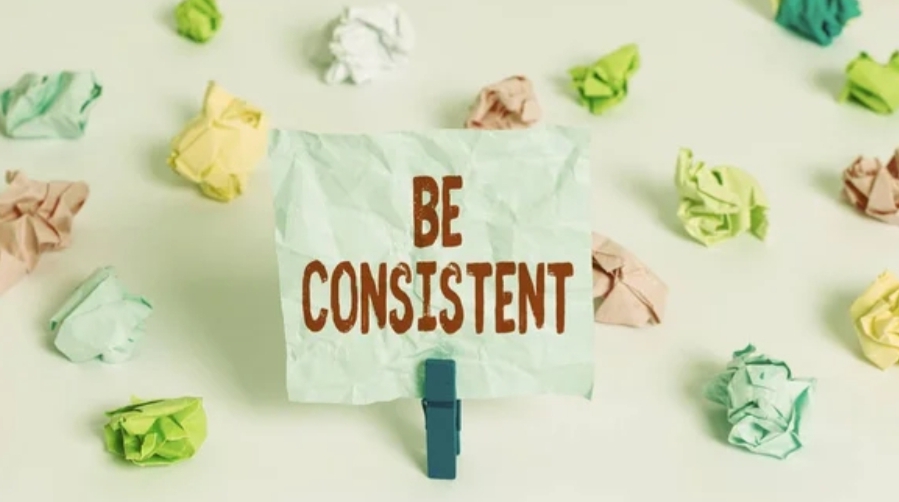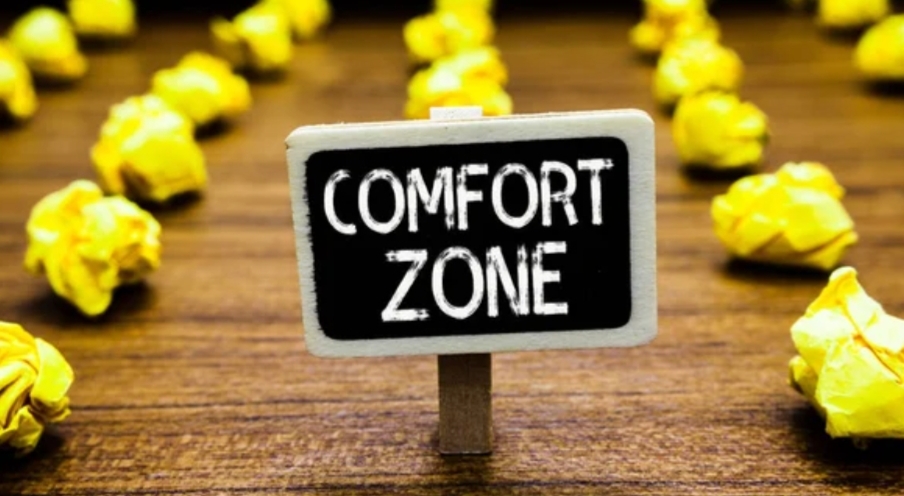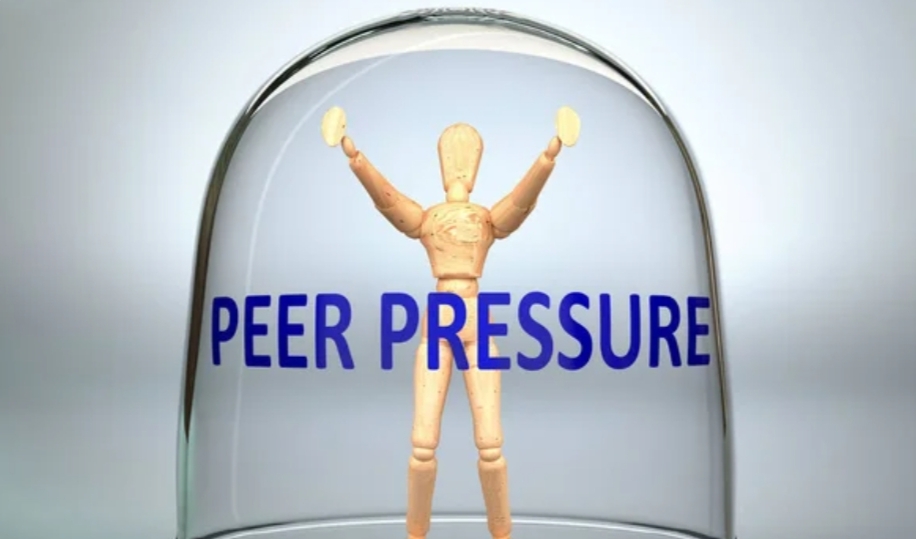
In a world obsessed with hacks, overnight success, and viral moments, we often overlook the most boring yet potent ingredient for success, consistency. While intensity, the massive burst of energy at the start, gets you off the starting line, consistency, the daily showing up, is what actually gets you across the finish line. Whether it’s fitness, finance, or creative work, being consistent changes the trajectory of your life through three powerful mechanisms.
1. The Magic of Compounding
In finance, compound interest is described as the eighth wonder of the world. The same principle applies to your habits. When you do something small every day, the results don’t add up, they multiply.
As James Clear famously noted in Atomic Habits, if you get better at something each day for a year, you’ll end up 37 times better by the time you’re done. Consistency allows small, manageable actions to snowball into massive transformations that would be impossible to achieve in a single sprint.
2. The Transformation of Identity
The greatest barrier to change is often our own self-image. When you are inconsistent, you send a message to yourself that your goals are optional.
However, every time you show up even when you don’t feel like it you are casting a vote for the person you want to become.
- Writing one page a day makes you a writer.
- Putting away small amount of money every month makes you an investor.
- Walking for 20 minutes daily makes you an athlete.
Consistency shifts your mindset from “I’m trying to do this“ to “This is who I am.“
3. Reducing the Cognitive Load
Starting from zero requires an immense amount of willpower. If you only go to the gym once every two weeks, every single visit is a mental battle. You have to decide when to go, what to wear, and how to motivate yourself.
When you are consistent, the behavior moves from the conscious mind to the basal ganglia the part of the brain responsible for habits. It becomes automatic. Consistency effectively automates your success, saving your willpower for more complex decisions.
Strategies to Stay Consistent
If you struggle to stay on track, try these three shifts:
- Lower the Bar: If you can’t do 50 pushups, do 5. The goal isn’t the number; it’s the act of not breaking the chain.
- Never Miss Twice: Life happens. If you miss a day, that’s an accident. If you miss two days, it’s the start of a new habit. Get back on track immediately.
- Track the Streak: Use a simple calendar or app to mark an ‘X’ for every day you complete your task. Visualizing your progress creates a psychological itch to keep the streak alive.
We often overestimate what we can do in a day, but we vastly underestimate what we can do in a year of consistent effort. You don’t need to be the most talented person in the room; you just need to be the one who refuses to stop showing up.









